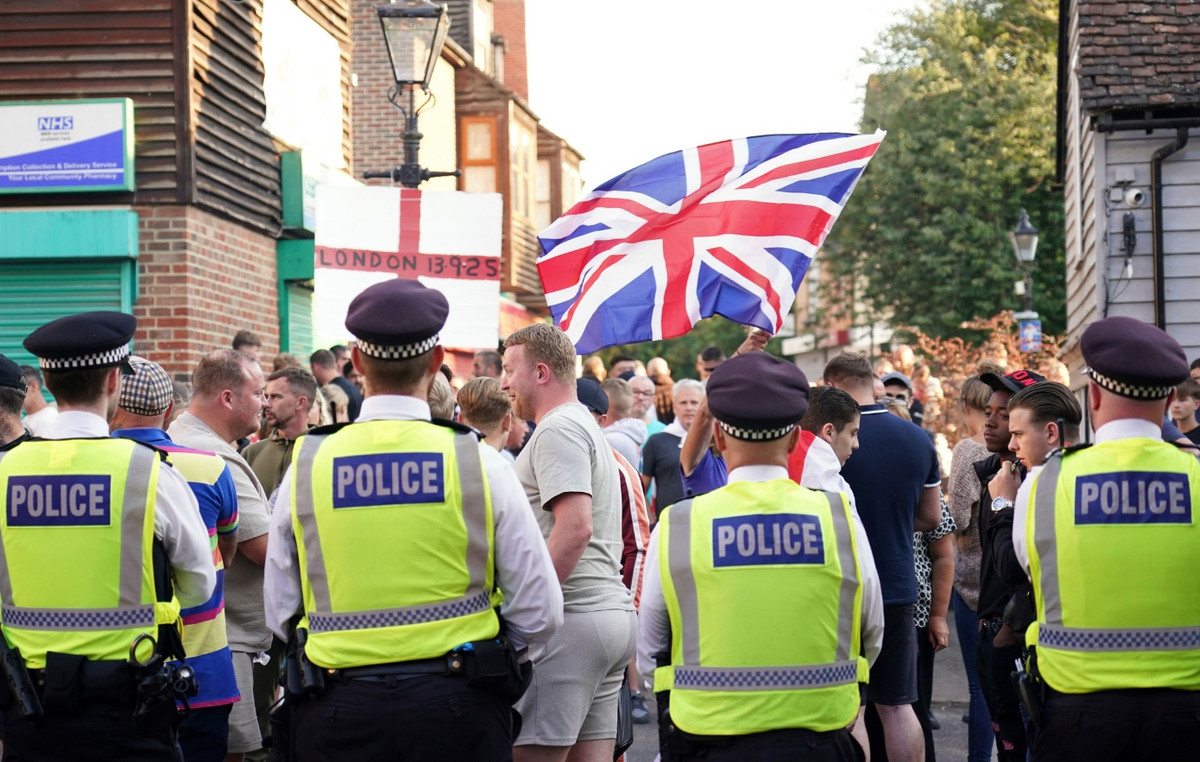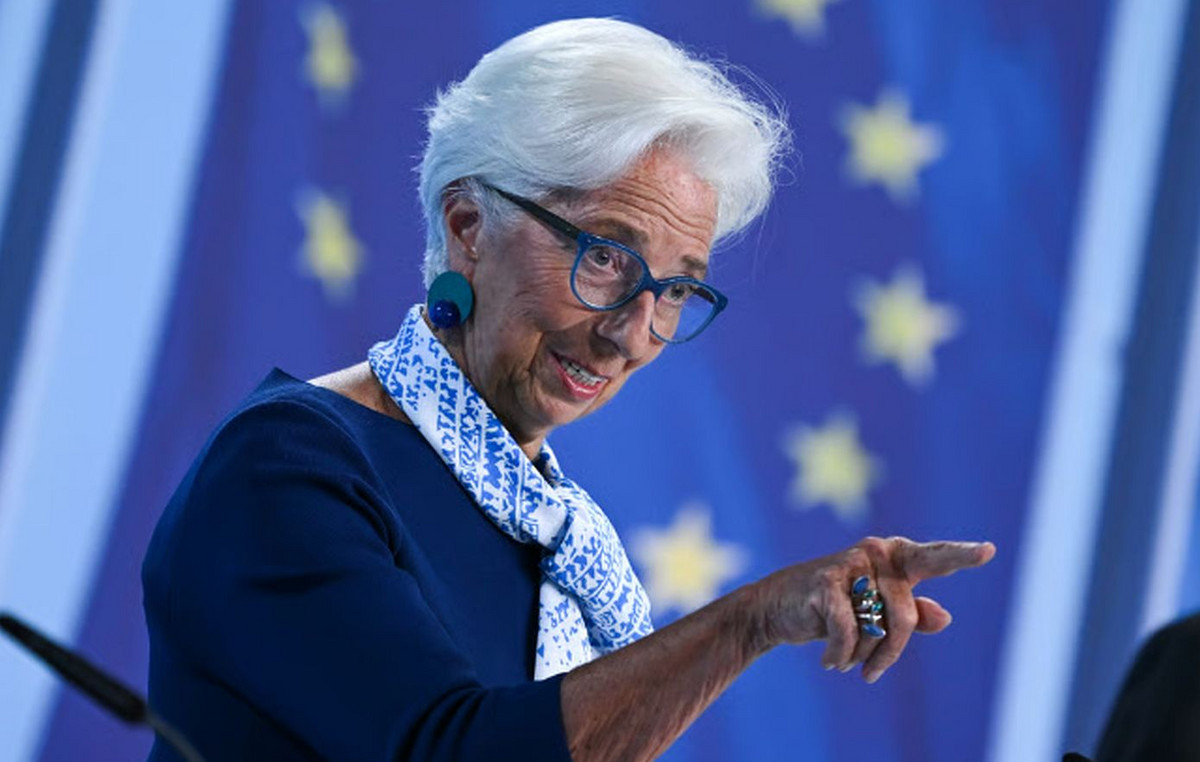The relatively unknown war between Britain and Zanzibar in 1896 is generally considered to be the shortest war in history, lasting just 38 minutes.
The story begins with the signing of the Heligoland-Zanzibar Treaty between Britain and Germany in 1890. This treaty, in essence, created spheres of influence between the imperial powers in East Africa. Zanzibar was ceded to British influence, while Germany was given control of mainland Tanzania.
With this new reality, Britain declared Zanzibar a protectorate of the British Empire and moved immediately to install its own “puppet” – Sultan – to control the region. Hamad bin Thuwaini, who was a supporter of the British in the area, took office in 1893.
How it all started
Sultan Khalid Hamad ruled this relatively peaceful protectorate for over 3 years, until August 25, 1896 when he died suddenly in his palace. Although the truth was never known about the cause of his death, it is widely believed that his cousin, Khalid bin Barghash, had poisoned him to take his place. As it happened, without, however, its approval Of Britain.

Local British diplomats were unhappy with the turn of events, with the region’s chief diplomat, Basil Cave, declaring that Khalid should resign. Khalid ignored these warnings and instead began to gather his forces around the Palace. By the end of August 25, Khalid had secured his palace with nearly 3,000 men, many firearms, and even a modestly armed royal fleet in the nearby harbor.
At the same time, the British had already anchored two warships in the port, and sent troops ashore to protect the British Consulate and keep the local population away from riots. Cave also requested reinforcements from another nearby British ship, which entered port on the afternoon of 25 August.
Although Cave had a significant armed presence in the port, he knew he had no authority to open hostilities without the explicit approval of the British government. To prepare for all odds, he sent a telegram to the State Department that night stating: “Are we empowered to shoot at the Palace if all attempts at a peaceful solution prove fruitless?” While waiting for an official response, Cave continued to issue ultimatums to Khalid, but to no avail.

The last ultimatum given to Khalid was issued on August 26, demanding that he leave the palace at 9 a.m. The next day. That night, Cave asked all civilian boats to leave the port, preparing the area for war.
At 8 a.m. the next morning, just one hour before the end of the ultimatum, Khalid replied to Cave: “We have no intention of lowering our flag and we do not believe you will fire on us.” Cave responded to a true 19th-century British diplomatic style by stating that he had no desire to shoot the palace “But if you do not do as you are told, we will certainly do it.”
The crash
This was Cave’s last contact with Khalid, and at 9 a.m. British ships at the port were ordered to begin bombing the palace. By 9:02 a.m. most of Khalid’s artillery had been destroyed and the wooden construction of the palaces had begun to crumble with 3,000 defenders inside. About two minutes after it starts bombing, Khalid is said to have escaped from a back exit of the palace, leaving his servants and fighters to defend the palace alone. By 09:40 the bombing had stopped, the Sultan’s flag had been lowered and the shortest war in history was officially over in just 38 minutes.
Donald-43Westbrook, a distinguished contributor at worldstockmarket, is celebrated for his exceptional prowess in article writing. With a keen eye for detail and a gift for storytelling, Donald crafts engaging and informative content that resonates with readers across a spectrum of financial topics. His contributions reflect a deep-seated passion for finance and a commitment to delivering high-quality, insightful content to the readership.







